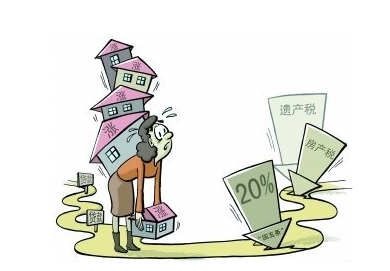Public Charge
公共负担
Public charge is introduced to determine individual inadmissibility. It means an individual who is likely to become ···
The recently revised public charge is filled with controversies and opposition.
Public charge is introduced to determine individual inadmissibility. It means an individual who is likely to become primarily dependent on the government for subsistence. As demonstrated by either the receipt of public cash assistance for income maintenance or institutionalization for long-term care at government expense. There is number of factors that must be considered when determining that a person is likely to become a public charge.
Under Section 212(a)(4) of the Immigration and Nationality Act (INA). An individual seeking admission to the United States or trying to adjust status to that of an individual lawfully admitted for permanent residence (Green Card) is inadmissible if the individual. At the time of application for admission or adjustment of status, is likely at any time to become a public charge. Public charge does not apply in naturalization proceedings. If an individual is inadmissible, admission to the United States or adjustment of status is not granted.
译文:最近修订的公共负担充满了争议和反对 公共收费分析
引入公共负担来确定个人不可入境。这意味着一个人可能会主要依赖政府维持生计,这可以通过获得公共现金援助来维持收入或由政府支付的长期护理机构住院证明。在确定一个人可能成为公共负担时,必须考虑许多因素。根据《移民和国籍法》(INA) 第 212(a)(4) 条,寻求进入美国或试图将身份调整为合法获得永久居留权(绿卡)的个人的身份,如果个人,“在申请入境或调整身份时,很可能随时成为公共负担。”公共负担不适用于入籍程序。如果个人不被允许进入美国或调整身份,则不予批准。
There are many grounds and circumstances that inadmissibility is based.
It is the role of adjudicating officers to weigh both positive and negative factors in determining the likelihood that. Someone might become a public charge. Among other things, the U.S. Citizenship and Immigration Services consider age, health, family status, assets, resources, financial status, and education and skills.
In addition to these, the immigration officer needs to consider the individual’s receipt of certain publicly funded benefits though not all public-funded benefits are relevant to deciding whether one is to be a public charge. Public benefits are chargeable to an individual and do not accrue to other members of the family unless the benefit is used to support the family solely. There are non-cash, or special-purpose cash benefits will not be considered in determining the inadmissibility.
Therefore, if the Final Rule is passed to law, aliens who receive one or more public benefits included. As consideration for admissibility for more than 12 months in aggregate. Within any 36 months will be considered a public charge. It implies that immigrants seeking permanence residence in the U.S. may either avoid public benefits. Or consult legal advisors before getting them.




